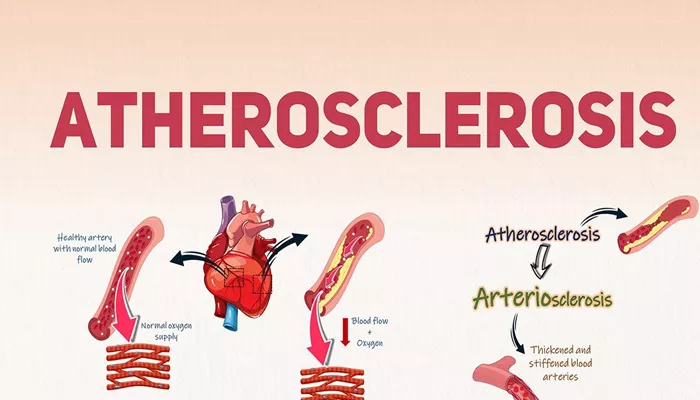A recent study has delved into the role of the deubiquitinase OTUB1 in vascular smooth muscle cells (VSMCs) and its implications for atherosclerosis, a condition marked by lipid buildup and plaque formation in arteries. Atherosclerosis is a leading cause of cardiovascular and cerebrovascular diseases, with VSMCs playing a crucial role in its progression. The research focuses on the potential of targeting OTUB1 to influence the phenotype switch of VSMCs, a key pathological process in atherosclerosis.
Ubiquitylation, a post-translational modification, is vital in regulating the phenotype switch of VSMCs. Deubiquitinases, including OTUB1, can remove ubiquitin chains from proteins, thereby protecting them from degradation. The study posits that OTUB1 may affect the pathophysiology of VSMCs in atherosclerosis by modulating the stability of proteins such as PDGFRβ, a significant factor in cell proliferation and migration.
To test this hypothesis, researchers developed a mouse model of atherosclerosis and utilized human aortic smooth muscle cells (HASMCs) to examine the effects of OTUB1 depletion on phenotype changes and underlying molecular mechanisms.
The results indicate that silencing OTUB1 reduces plaque progression and stabilizes atherosclerotic plaques. Mechanistic insights reveal that OTUB1 enhances the stability of PDGFRβ by removing K48-linked ubiquitylation, thus inhibiting the phenotype switch of VSMCs.
The study further establishes that OTUB1 is essential for platelet-derived growth factor-BB (PDGF-BB)-induced proliferation, phenotype switching, and migration of HASMCs. RNA sequencing and mass spectrometry analyses identified a range of differentially expressed genes and proteins whose ubiquitylation is influenced by OTUB1 depletion. Among these are proteins involved in atherogenesis, such as PDGFRβ, which interacts with OTUB1 and is regulated through K48-linked ubiquitylation.
In vivo experiments conducted on apolipoprotein E-deficient (Apoe−/−) mice demonstrated that silencing Otub1 leads to a reduction in atherosclerotic plaque burden and enhances plaque stability, particularly in advanced stages of the disease.
The findings suggest that targeting OTUB1 could pave the way for new therapeutic strategies for treating atherosclerosis and related cardiovascular diseases.
The research acknowledges the complexity of atherosclerosis and the multifaceted role of VSMCs in its development. It emphasizes the importance of understanding the molecular mechanisms that drive the phenotype switch of VSMCs and highlights the potential of targeting deubiquitinases like OTUB1 for therapeutic intervention. The study contributes to the growing body of evidence supporting the role of the ubiquitin-proteasome system in regulating atherosclerosis and identifies OTUB1 as a promising target for future research and drug development.
In summary, this study offers a detailed analysis of OTUB1’s role in atherosclerosis, providing new insights into the molecular mechanisms that influence VSMC behavior and the potential for targeted therapies.
The findings highlight the significance of early intervention and the modulation of key proteins like PDGFRβ in effectively preventing or treating atherosclerosis.

